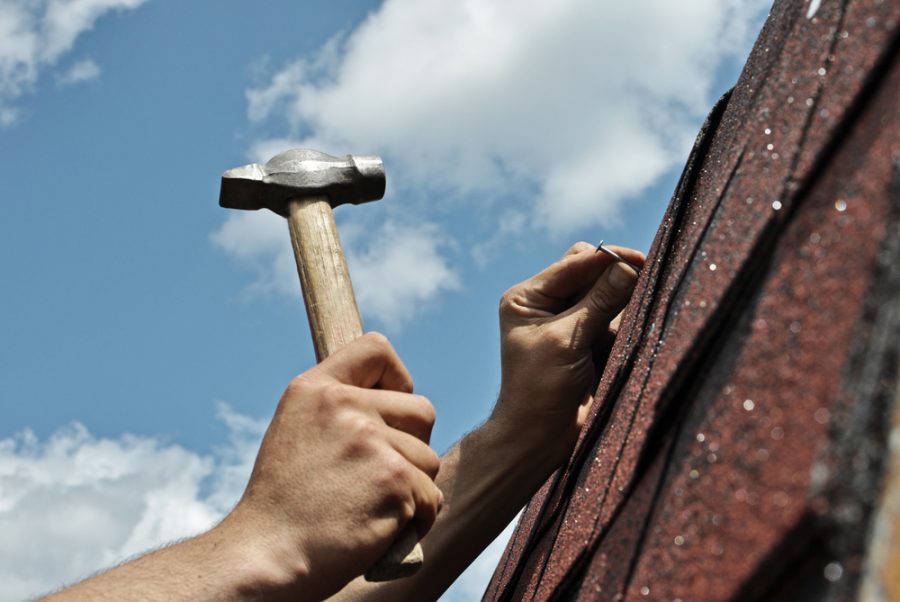Congratulations on your newly purchased roof! As a diligent homeowner, you should be aware that there’s still some things you need to do. That is, you need to review and understand the warranty of your roof first.
Your roof might experience damage that might hurt your savings due to repairs. The expenses can be covered by the manufacturer, provided that it satisfies the provisions stated in the warranty. It is important that you thoroughly understand your roof’s warranty so that you can avoid huge out of pocket expenses just for repairs.
Types of Roof Warranty
- Workmanship warranty
This warranty builds the level of confidence present between you and the company that installed your roof. It is issued for the work they performed and the length of time that they are willing to stand by it. This should not be interchanged with a labor warranty, which covers costs related to fixing a defective roof.
- Material warranty
This warranty is given by the manufacturer of the roofing material. This serves as proof that the manufacturer will stand by his product. When the product fails, you will receive an amount for replacement that is calculated based on the life expectancy and actual life of the roof. It usually covers only the roof membrane, and doesn’t include accessories and workmanship expenses.
There are 4 provisions that you need to scrutinize when you evaluate the value of a roof warranty.
- Scope of Coverage
Check if the warranty is only limited to defective materials or if it also covers defective workmanship. Since most roof leaks are due to poor workmanship, ensure that your roof warranty coverage includes workmanship.
- Monetary Limits
Most roof warranties don’t have monetary limits. However, some warranties limit the repairs at the original amount of the roof or its size.
- Applicability
Some warranties have provisions that permit the manufacturer to decide whether a repair is covered by a warranty or not. This might result to denial of coverage even if the damage is clearly covered by a warranty.
- Nullification
This provision lists down the situations wherein a warranty is considered void. Included here are failure to pay bills for installation or materials, repairs, or alterations made without the manufacturer’s approval, and lack of inspection or final sign off.
Avoid problems caused by wrong installation by getting an excellent roofer to do installation for you. Once installation is done flawlessly, you’ll have fewer things to worry about your roof.
Written by True Son Exteriors, the best contractor for roofing in Columbia, MO.

